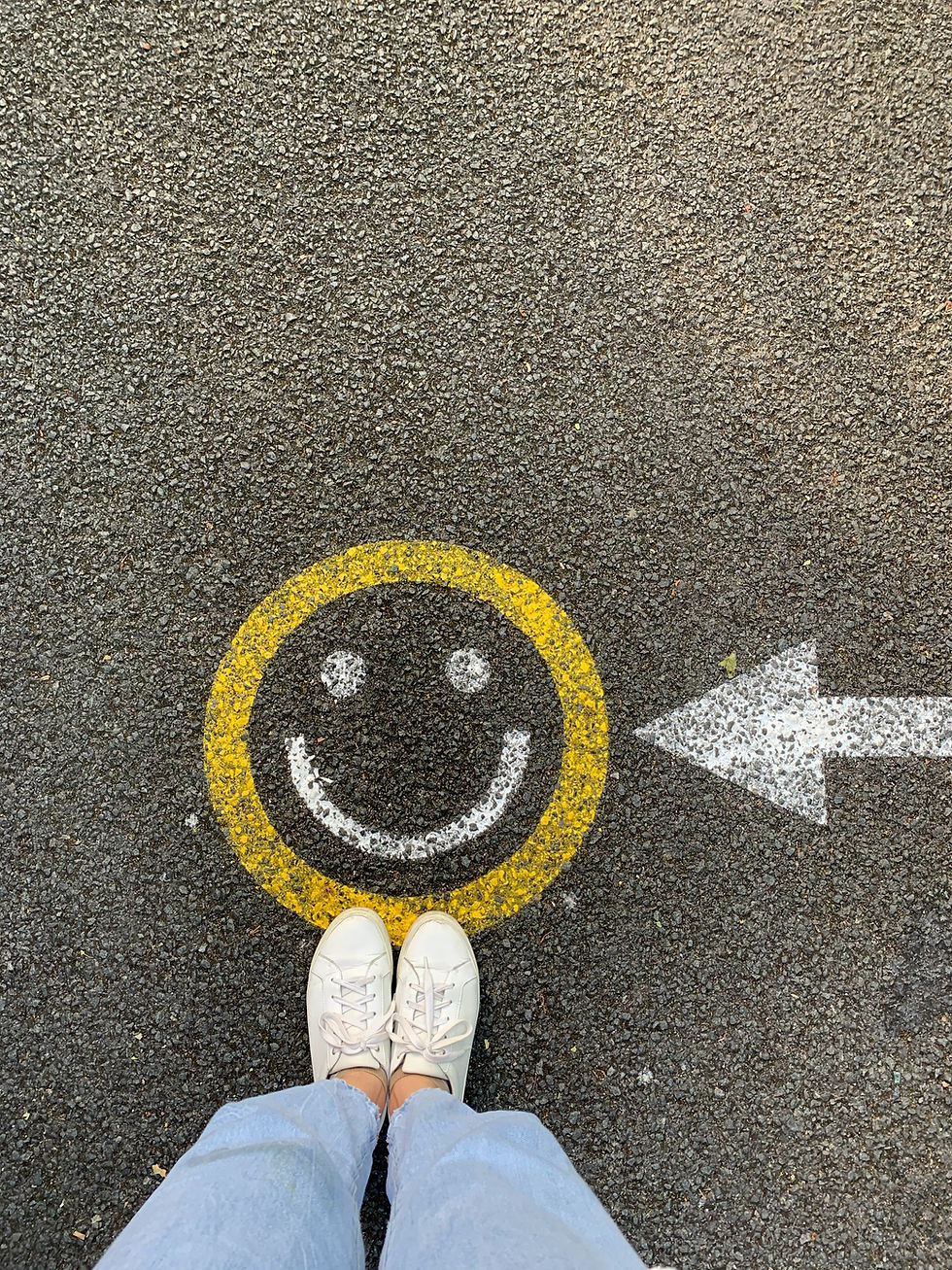IT'S NOT PERFECT.
- thehealershomellc
- Feb 22, 2024
- 3 min read

And It Never Will Be...
In the last few years, I cleaned up my diet by becoming almost 100% pescetarian (someone who’s mostly vegetarian, but eats fish) and removing or drastically reducing the consumption of “usual suspects” such as gluten, sugars, dairy, etc. Although I feel healthier and more energetic due to these changes, I have to say that occasionally I sorely miss some of the foods I chose to give up.
I recently went through a 7-day cleanse using bentonite clay (check it out, it’s a natural and very effective way to detox your body from heavy metals and other impurities). One day during this cleanse (and maybe because of it), I felt a dire need to consume heavier animal protein and fat. When we ordered Chinese food the next day, I decided to break my pescetarian diet and have roasted duck, something I hadn’t done in 15 years. And I have to admit that I delighted myself in it…
After the meal (or rather, even during it), I felt a lot of guilt and shame, as a good (recovering) Catholic. I had a talk with my husband about it, during which I commented on the fact that I had all these high aspirations for myself in relation to my health, as well as caring for animal suffering and the environment; however, still I couldn’t keep myself from craving and enjoying a guilty pleasure such as this. I also I admired the fact that he was so steadfast in his own habits and decisions (he’s a no-exception pescaterian who doesn’t seem to ever have any trouble following through).
He answered simply: “It’s not perfect. Allow yourself this truth.” He mentioned that sometimes he feels uncomfortable with the idea of eating fish and thinks about becoming a full vegetarian (which we already do several days per week). And sometimes he thoroughly enjoys it and doesn’t feel as willing to give that up. It’s not perfect.
Somewhere along the road, a lot of us pick up this damaging belief that we have to be perfect and consistent, or else; that once we make a decision about something, we should stick to it; and if we slip, that means we’ve failed. We’re then losers who should be ashamed of ourselves and deserve punishment, which often comes in the form of behaviors that are even more self-destructive (and also destructive to others), and inevitably leads to giving up or feeling paralyzed in relation to pursuing our goals.
We know when we need to challenge ourselves and step out of our comfort zone. And sure, we do need to cultivate strong discipline, motivation and persistence, especially when addressing soft and hard addictions (food, TV, Internet, drugs, alcohol, etc) or dealing with procrastination, so that we can continue moving forward towards our goals and dreams. On the other hand, we also need to learn acceptance of the fact that slipping and making mistakes is part of the process, and that failure paves the road to success. We need to learn how to fail epically and still keep going.
Failing is especially good for business. As a matter of fact, the current trend is to fail fast to get that part of the process out of the way and fail mindfully to acquire the necessary knowledge and successfully apply the lessons (please check out some of the awesome videos from The Failure Institute; link under References). Also, sharing our struggles is one of the most effective ways to connect with and engage our audience.
Learning how to make mistakes and fail with humility, without beating ourselves up, is one of the most courageous and self-loving choices we can make in life. And life can be much better if we stop constantly listening to our inner critic and being so hard on ourselves and others. Life has enough challenges already, without us having to make it any harder… In short: It would behoove us to just lighten the “freak” up a little.
© Gisele Marasca-Vargas; 11/21/2020
Photo by isabella and louisa fischer from unsplash
References:
The Failure Institute - Videos



Comments